
Existing member? Sign In

Existing member? Sign In

What it looks like when you come up with a diagnosis for your business, a thing that is necessary for strategy.
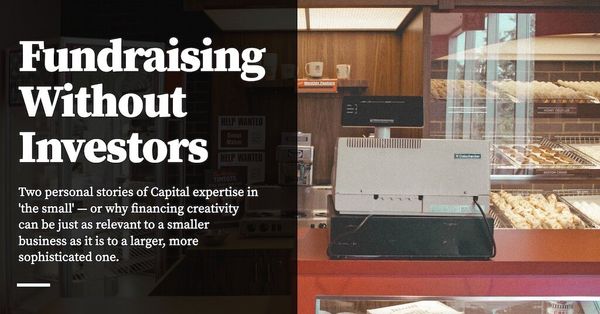
Two personal stories of capital expertise 'in the small' — or why financing creativity can be just as important to smaller businesses, as it is in larger, more sophisticated ones.
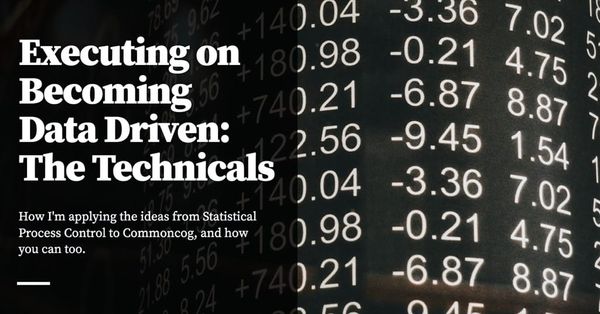
A technical overview of how I'm applying the methods and ideas of the Becoming Data Driven in Business series.
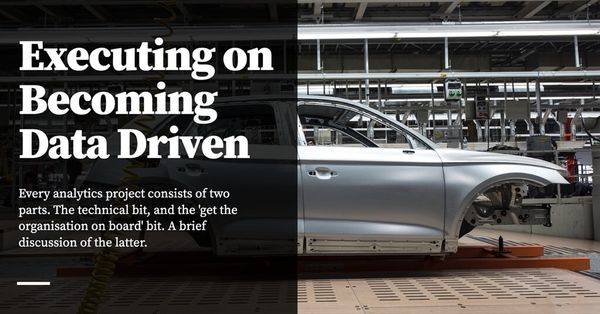
Every analytics project consists of two parts. The technical part, and then the 'get the organisation on board' part. We talk about why the latter is the real challenge.

In a business context, what should you think when presented with a time series? Or: a really dumb question that nobody seems to talk about.

The process behaviour chart is the easiest way to differentiate between routine and exceptional variation. This is everything you need to know to use it well.
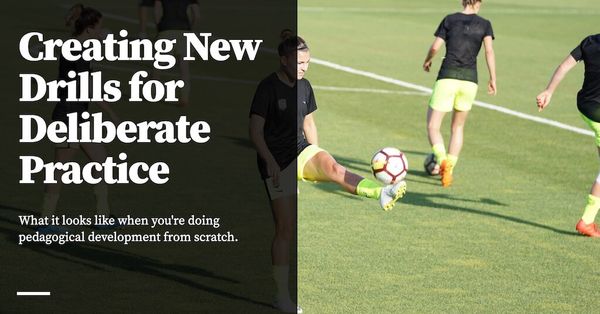
A lesson from a four month accelerated expertise experiment. Or: why creating new drills for a deliberate practice training program isn't as difficult as you might think.
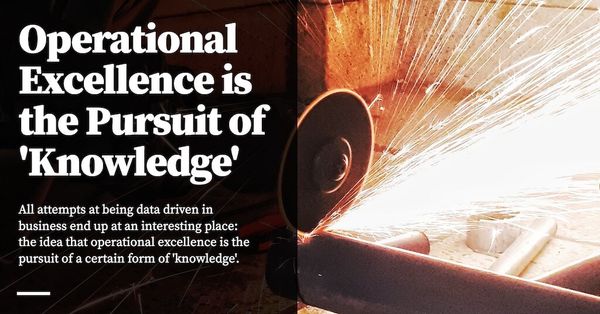
It turns out that operational excellence results from the pursuit of a certain form of knowledge and using metrics in business is about the pursuit of this knowledge. This is Part 3 of the Becoming Data Driven series, and the result of a deep dive into the field of Statistical Process Control.
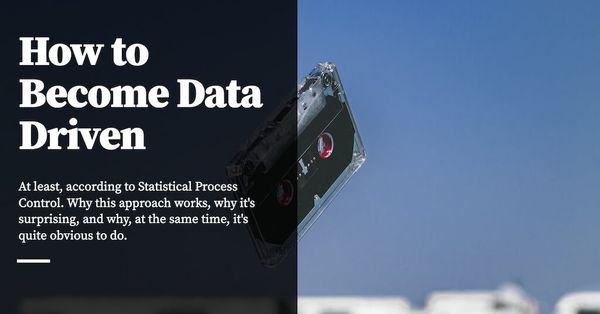
The answer, like most things from Statistical Process Control, is more surprising and more obvious than you might think.

Two case studies of real world competitive advantage, followed by a question: was this a moat or not?